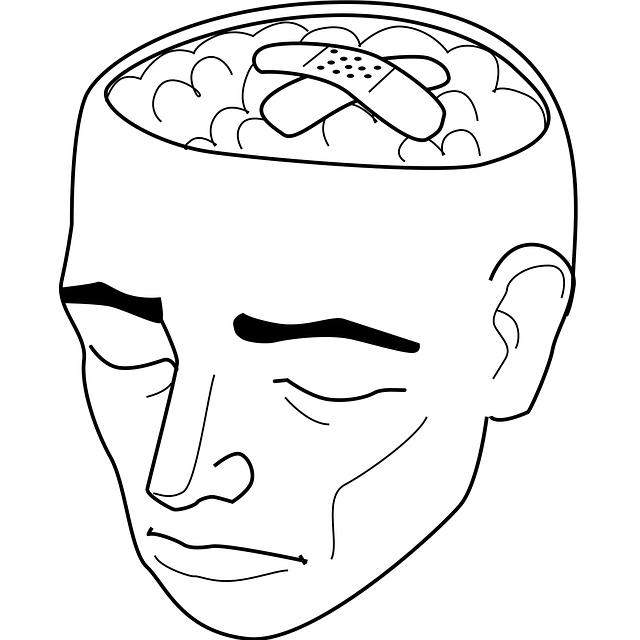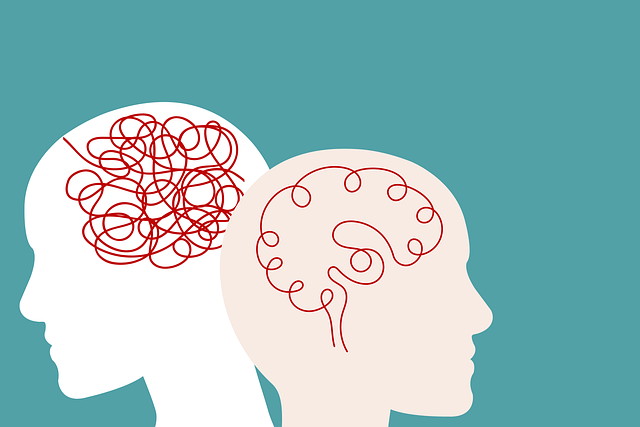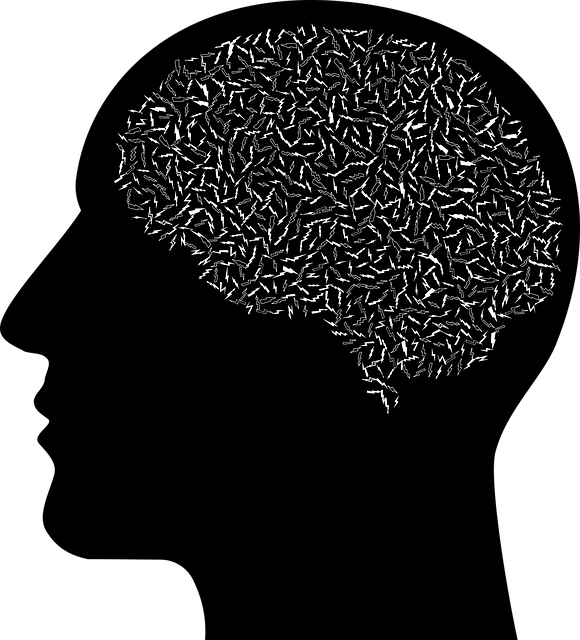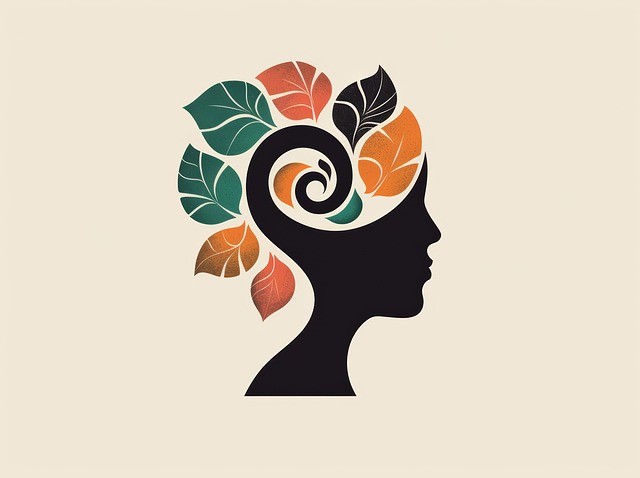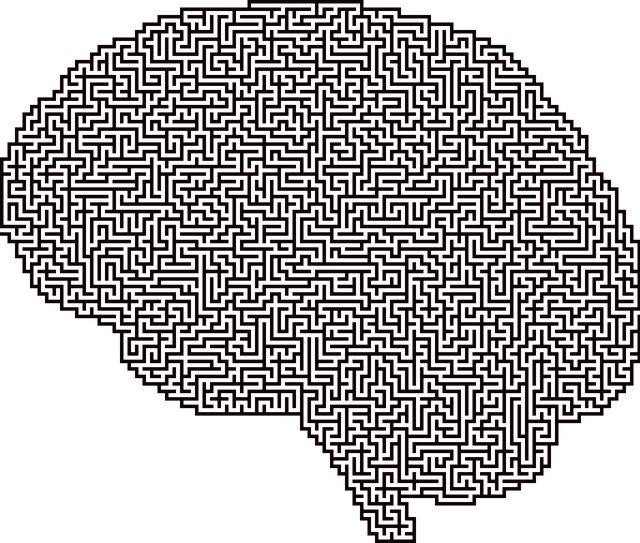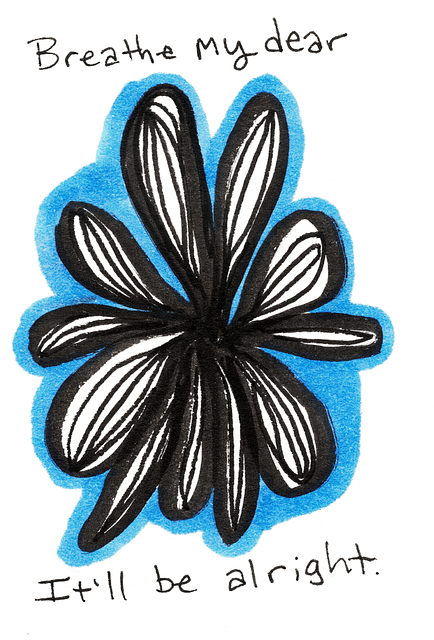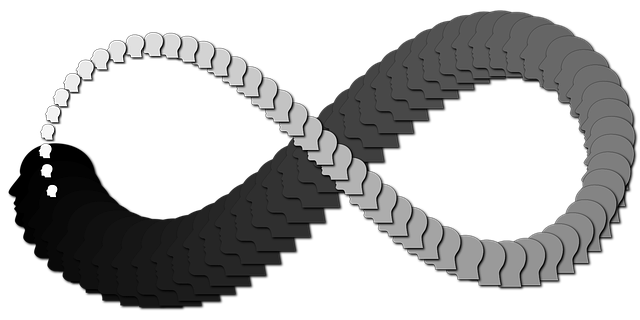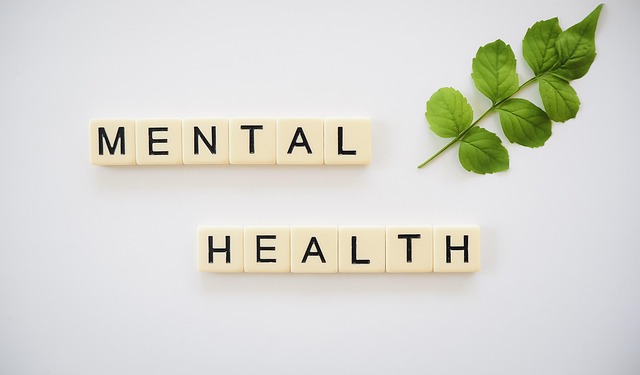Parker Geriatrics Therapy introduces the RFM (Resilience, Flexibility, Mastery) model, a holistic approach to enhance resilience in older adults. This therapy focuses on developing coping skills, boosting self-esteem, and reframing negative thoughts. Through tailored exercises, it fosters mental toughness, adaptability, and mastery over life challenges. The program combines cognitive therapy and mindfulness, offering personalized strategies based on individual needs and mental health histories. By measuring progress through various methods, including client self-reports and observations, therapists ensure effective interventions and contribute to the scientific understanding of resilience in geriatric care.
Resilience is a cornerstone of well-being, especially for older adults. This article explores the power of RFM (Resourceful Living Model) in geriatric therapy, offering a framework to enhance resilience and navigate life’s challenges. We delve into the specific role of Resilience Building Exercises at Parker Geriatrics Therapy, highlighting their effectiveness in empowering individuals. Through personalized strategies and practical exercise examples, this guide equips caregivers and therapists with tools to support vulnerable populations in building inner strength and adapting to life changes.
- Understanding RFM in Geriatric Therapy: A Framework for Resilience
- The Role of Resilience Building Exercises in Parker Geriatrics
- Identifying Individual Needs: Personalized RFM Strategies
- Implementing RFM Techniques: Practical Exercise Examples
- Measuring Success and Progress: Evaluating RFM Outcomes
Understanding RFM in Geriatric Therapy: A Framework for Resilience

In geriatric therapy, Understanding RFM (Resilience, Flexibility, and Mastery) provides a powerful framework for fostering resilience among older adults. This approach, grounded in Parker Geriatrics Therapy, recognizes that building resilience is an integral part of promoting overall well-being and quality of life as people age. By focusing on these three key components, therapists can help individuals navigate the challenges associated with aging with greater ease and adaptivity.
The RFM model encourages the development of coping skills and promotes a strong sense of self-esteem improvement. It emphasizes mind over matter principles, teaching individuals how to reframe negative thoughts and perceptions, thereby enhancing their ability to cope with stress and adversity. Through targeted exercises and strategies, this therapeutic approach enables older adults to build mental toughness, increase flexibility in the face of change, and cultivate a profound sense of mastery over their lives.
The Role of Resilience Building Exercises in Parker Geriatrics

At Parker Geriatrics, resilience building exercises play a pivotal role in enhancing mental wellness among older adults. These structured activities are designed to equip individuals with the tools needed to navigate life’s challenges and setbacks with greater ease. Through a combination of evidence-based practices, including cognitive therapy techniques and mindfulness exercises, our dedicated therapists help foster inner strength and develop effective coping strategies.
Our comprehensive Parker Geriatrics Therapy programs go beyond traditional treatment by focusing on holistic development. We offer tailored Mental Wellness Coaching Programs that cater to the unique needs of each client, promoting personal growth and resilience. By integrating Trauma Support Services, we address the profound impact of past traumatic events, enabling individuals to reclaim their sense of security and well-being. Through consistent practice, these exercises empower seniors to build a strong foundation for facing future uncertainties with resilience and adaptability.
Identifying Individual Needs: Personalized RFM Strategies

Every individual’s journey toward resilience is unique, and recognizing this is paramount when employing RFM (Readiness, Flexibility, and Mastery) strategies for strength building. Identifying personal needs is a critical step in tailoring geriatrics therapy at Parker Geriatrics Therapy. Therapists use a holistic approach to assess clients’ emotional intelligence, mental health history, and coping mechanisms. This involves self-awareness exercises designed to help individuals recognize their triggers and understand their unique stress responses. By integrating these insights into the RFM framework, therapists can create personalized strategies that address specific challenges.
For instance, for those with a history of anxiety, techniques like mindfulness meditation and progressive muscle relaxation might be incorporated to enhance emotional intelligence and self-regulation. In contrast, individuals with past trauma may benefit from trauma-focused therapy and cognitive behavioral exercises tailored to help them navigate triggers and develop healthier coping mechanisms. Parker Geriatrics Therapy’s commitment to mental health education programs design ensures that each client receives targeted support, fostering resilience through a deep understanding of their inner selves.
Implementing RFM Techniques: Practical Exercise Examples

Implementing RFM (Resilience, Flexibility, and Mastery) techniques through practical exercises is a powerful approach to enhancing resilience and mental well-being, particularly for older adults. These techniques, inspired by Parker Geriatrics Therapy, offer a structured yet adaptable framework to navigate life’s challenges. For instance, self-awareness exercises can begin with simple mindfulness practices like deep breathing or body scans, gradually progressing to more complex scenarios where individuals reflect on their emotional responses and identify triggers for stress.
Mental health education programs designed around RFM often incorporate various activities. These may include guided visualizations to foster a sense of calm and control, cognitive reframing exercises that challenge negative thought patterns, and problem-solving techniques to navigate life’s obstacles. By engaging in these activities, individuals can build mental flexibility, enabling them to adapt more effectively to changing circumstances and potentially reduce the impact of stress on their overall well-being.
Measuring Success and Progress: Evaluating RFM Outcomes

Measuring success and progress is a vital aspect of any therapy program, including those focused on resilience building through RFM (Restorative Functions Model). The Parker Geriatrics Therapy approach emphasizes the importance of evaluating outcomes to ensure the effectiveness of interventions. By assessing changes in an individual’s ability to navigate life’s challenges, maintain social connections, and adapt to stress, therapists can track their progress over time. This process involves both quantitative and qualitative methods, such as standardized assessments, client self-reports, and observation, to gain a comprehensive understanding of the person’s mental health journey.
In designing mental health education programs or Trauma Support Services, incorporating Self-Awareness Exercises can serve as powerful tools for measuring growth. These exercises encourage individuals to reflect on their thoughts, emotions, and behaviors, fostering a deeper sense of self-awareness. Over time, as clients engage in these activities, therapists can observe improvements in emotional regulation, problem-solving skills, and overall resilience. This evaluation allows professionals to tailor interventions, ensure positive outcomes, and contribute to the scientific understanding of resilience-building strategies within the context of geriatric care.
Resilience is a pivotal aspect of geriatric care, and integrating RFM (Recovery, Function, and Mastery) techniques through personalized strategies offers a transformative approach. As demonstrated by Parker Geriatrics Therapy, resilience-building exercises can significantly enhance an individual’s ability to navigate challenges. By implementing practical exercise examples tailored to specific needs, therapists can foster a sense of empowerment and independence in seniors. Measuring success involves evaluating the outcomes, ensuring continuous improvement and adaptability, which ultimately contributes to a higher quality of life for geriatric patients.

